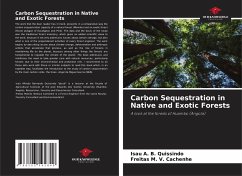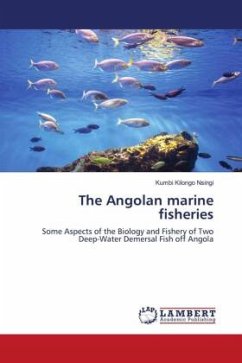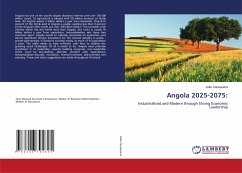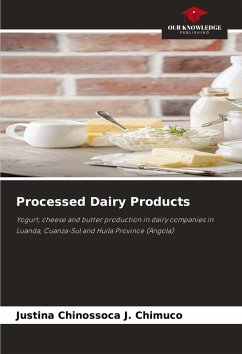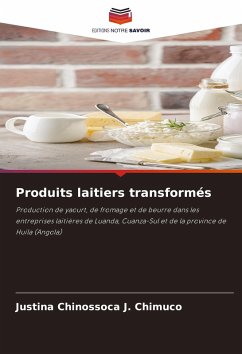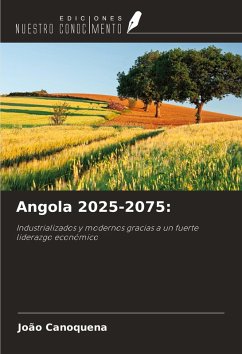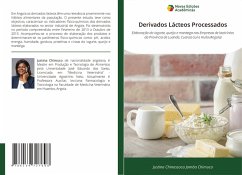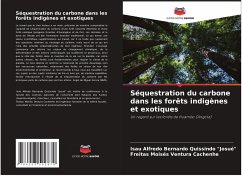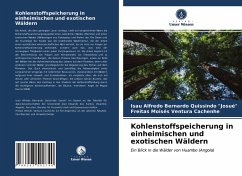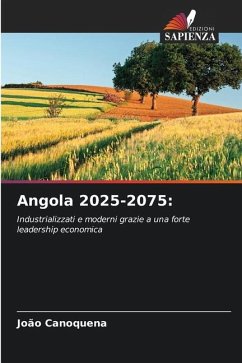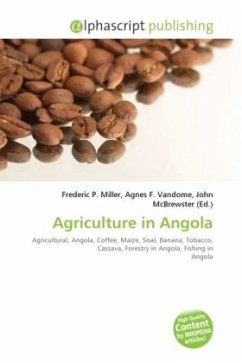
Agriculture in Angola
Versandkostenfrei!
Versandfertig in 6-10 Tagen
30,99 €
inkl. MwSt.

PAYBACK Punkte
15 °P sammeln!
High Quality Content by WIKIPEDIA articles! Agriculture in Angola has a tremendous potential. Angola is a potentially rich agricultural country, with fertile soils, a favourable climate, and about 57.4 million ha of agricultural land, including more than 5.0 million ha of arable land. Before independence from Portugal in 1975, Angola had a flourishing tradition of family-based farming and was self-sufficient in all major food crops except wheat. The country exported coffee and maize, as well as crops such as sisal, bananas, tobacco and cassava. By the 1990s Angola was producing less than 1 per...
High Quality Content by WIKIPEDIA articles! Agriculture in Angola has a tremendous potential. Angola is a potentially rich agricultural country, with fertile soils, a favourable climate, and about 57.4 million ha of agricultural land, including more than 5.0 million ha of arable land. Before independence from Portugal in 1975, Angola had a flourishing tradition of family-based farming and was self-sufficient in all major food crops except wheat. The country exported coffee and maize, as well as crops such as sisal, bananas, tobacco and cassava. By the 1990s Angola was producing less than 1 per cent of the volume of coffee it had produced in the early 1970s, while production of cotton, tobacco and sugar cane had ceased almost entirely. Poor global market prices and lack of investment have severely limited the sector after independence. The Angolan Civil War and the consequent deterioration of the rural economy and neglect of the farming sector dealt the final blow to the country sagricultural productivity. During the civil war, most small-scale farmers have reverted to subsistence farming.



